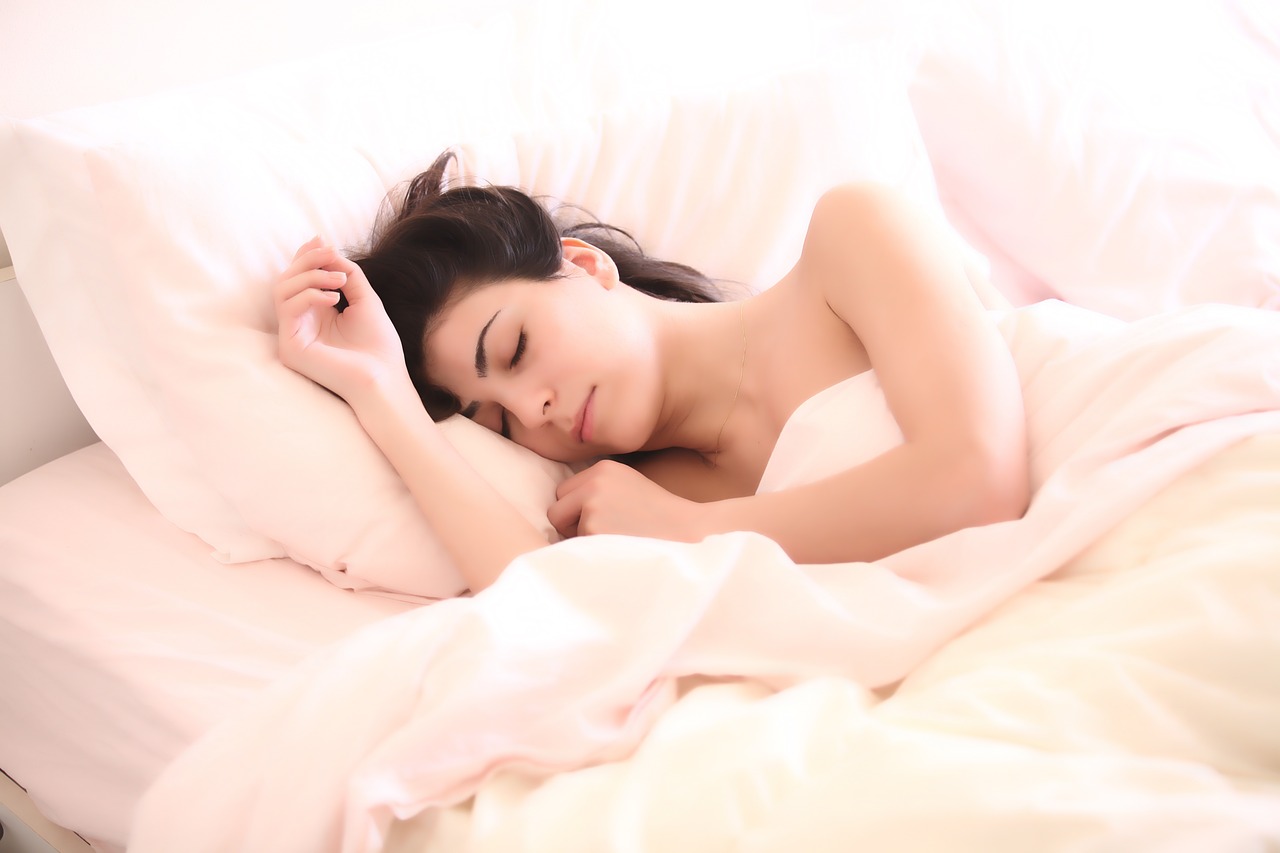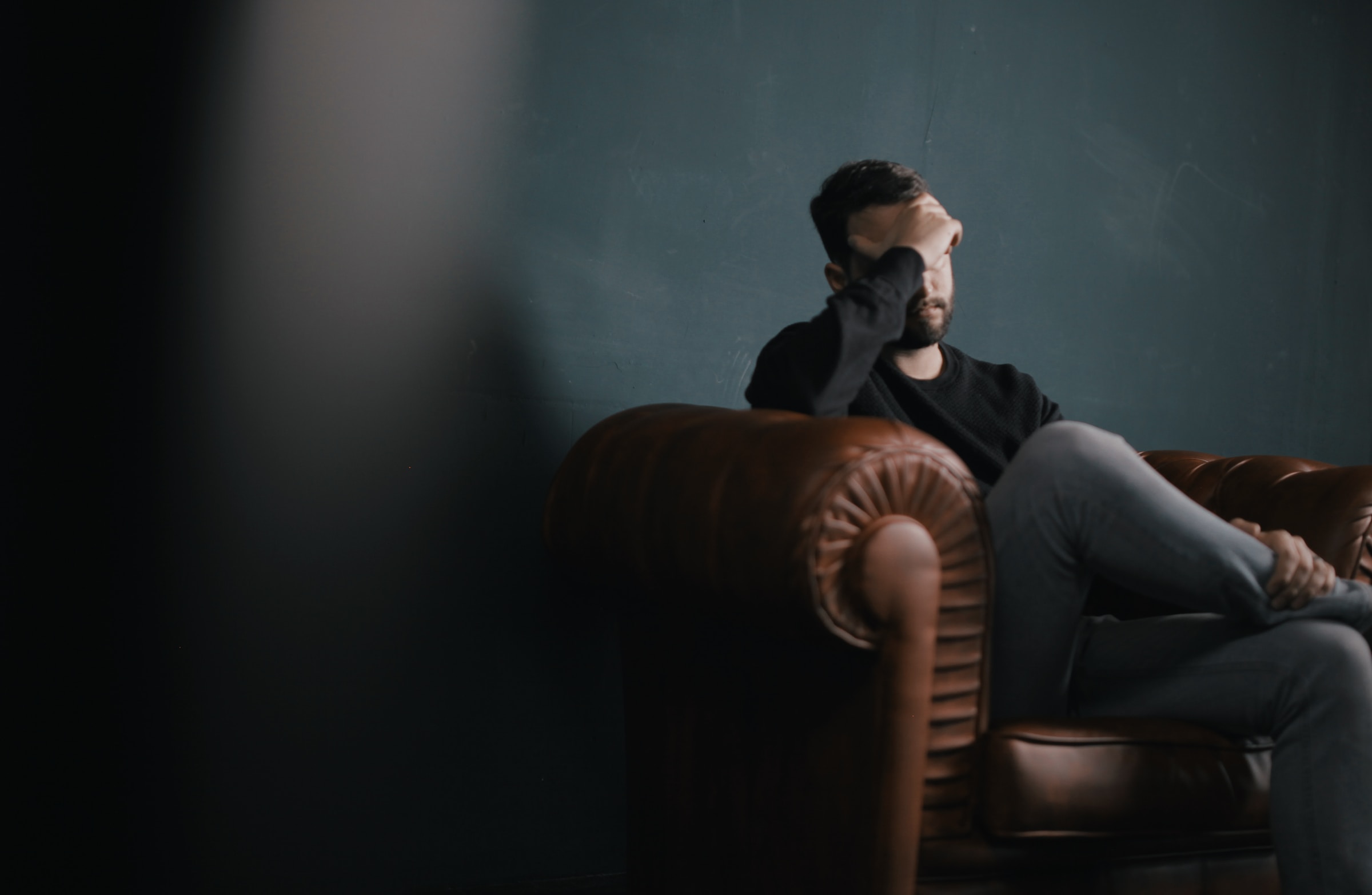Affecting nearly 40 million adults in the United States, anxiety is one of the country’s most common mental health disorders. Sleep disturbances such as insomnia are highly prevalent amongst those who suffer from an anxiety disorder. If you have trouble falling asleep, it may heighten or trigger your anxiety, and vice versa. While it can be difficult for an anxiety sufferer to fall asleep, it’s not impossible; read on for five ways to get a better night’s sleep.
1. Exercise
Physical activity is an important component of overall health. Exercise will produce chemicals in your brain that will help elevate your mood and decrease your stress or tension, which will provide some relief for your anxiety. Exercise will also help you sleep. Not only will the physical exertion improve the quality of your sleep, but it will also help ensure you’re able to sleep without interruption.
2. Daylight
Daylight helps set sleep patterns, so try to spend at least 30 minutes outdoors during the day time. Daylight sun exposure is critical if you have trouble falling asleep because it helps to regulate the body’s circadian clock.
3. Healthy Habits
Studies have shown that people who make unhealthy food choices are more likely to suffer from sleep disturbances. Healthy balanced meals will keep your energy stable which will help you manage your mood and improve your sleep habits.
It’s also important to avoid big meals or alcohol for several hours before bedtime. Smoking is another bad habit that can cause many health problems, which will negatively affect your sleep in a number of ways.
4. Night Time Routine
Create a routine that you execute nightly, an hour or two before bedtime. Minimizing screen time will help calm your mind and prepare you for sleep. Change into your pajamas and do some light reading, or find other ways to charge down and get ready to sleep. Make sure you go to bed around the same time every night too, including weekends.
5. A Comfortable Bedroom
Keep your bedroom cool, dark, and quiet, without distractions. Have a window open to keep the room cool and the air smelling fresh. A clean room and clean linens will make your bedroom more inviting. Make sure you have a good quality mattress and pillow to maximize your comfort.
Are you struggling with falling or staying asleep, and need help maintaining healthy sleep habits? A licensed professional can help. Call us at the MapleTree Center and let’s schedule an appointment to speak about your difficulties and find ways to resolve them.




